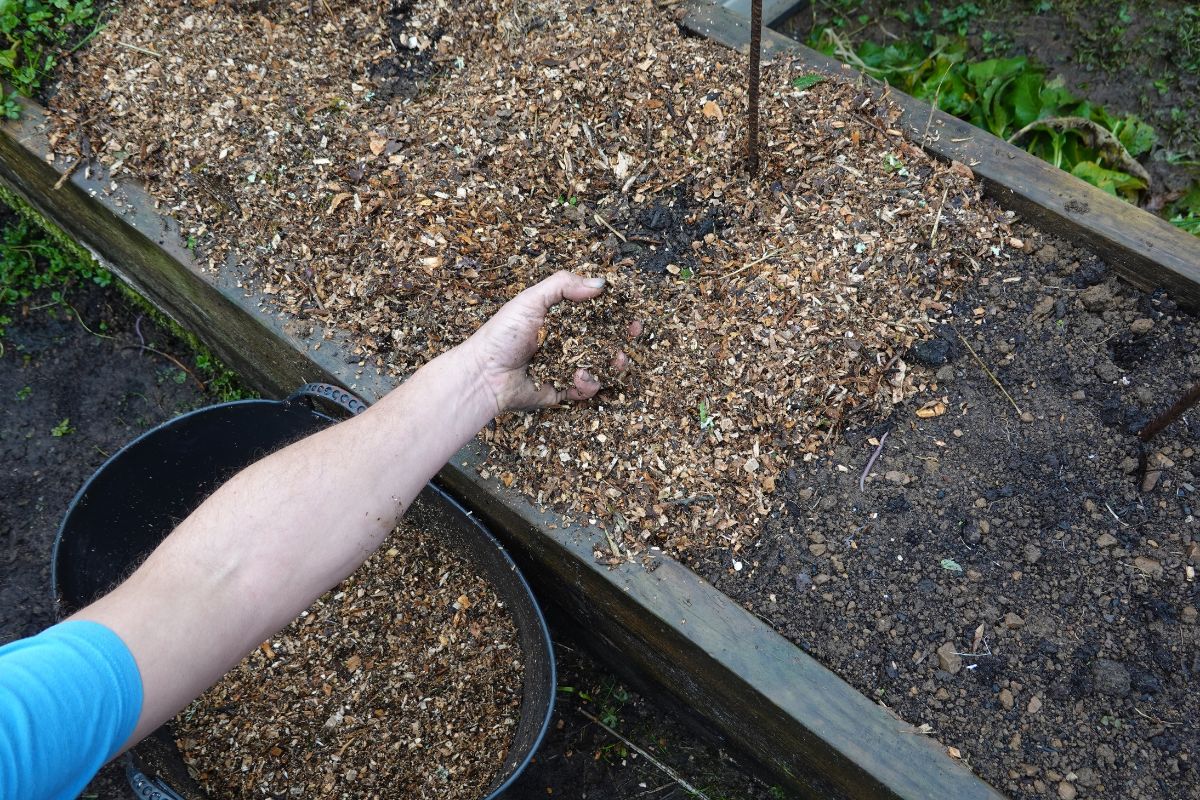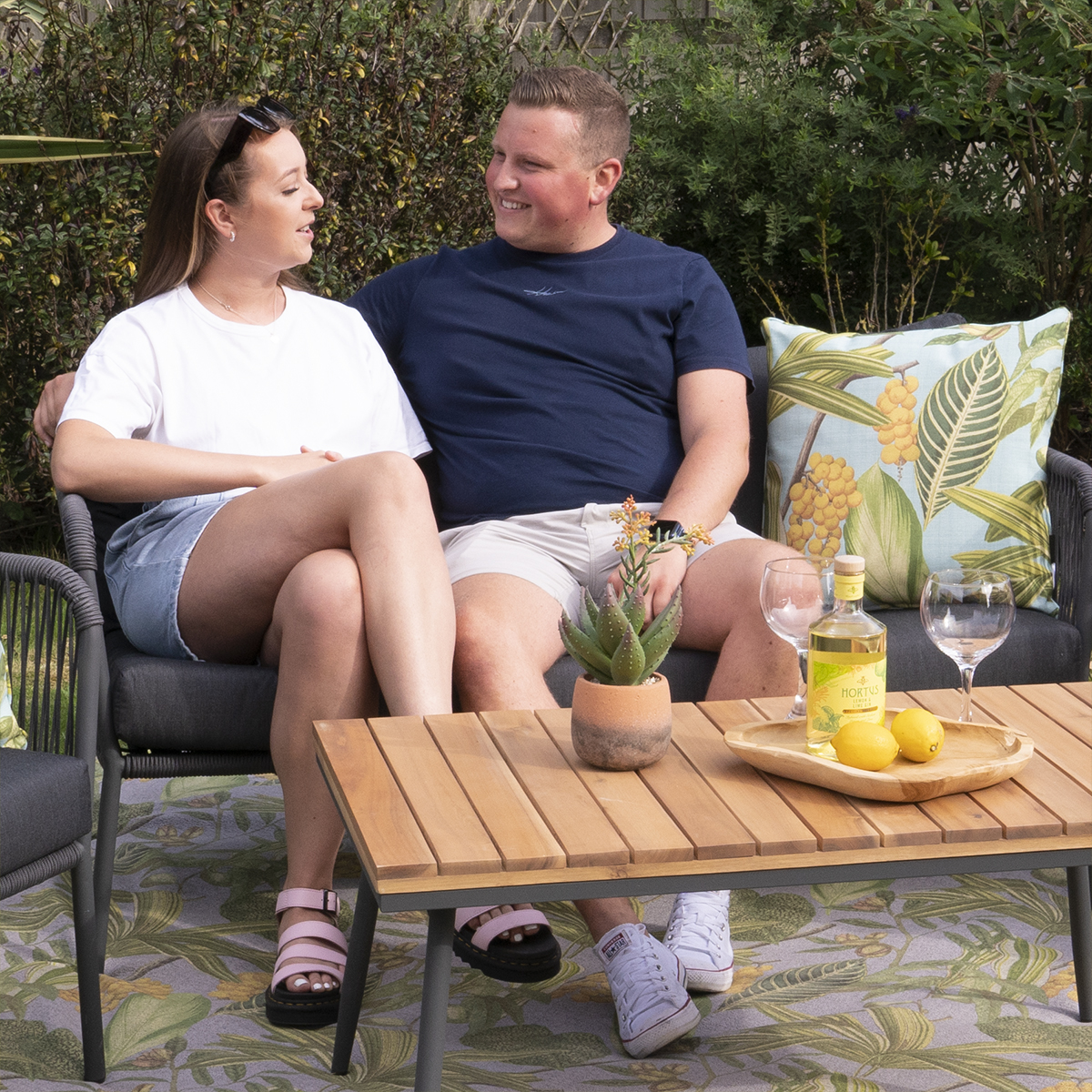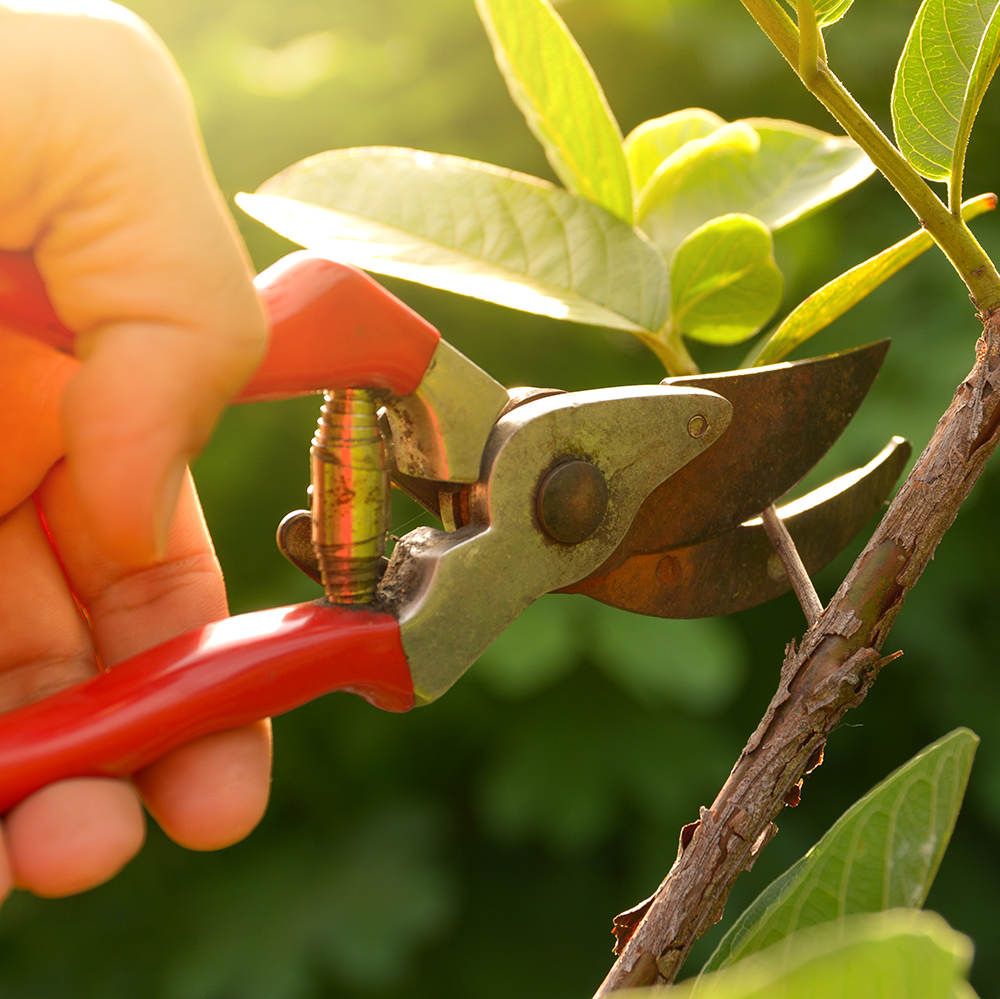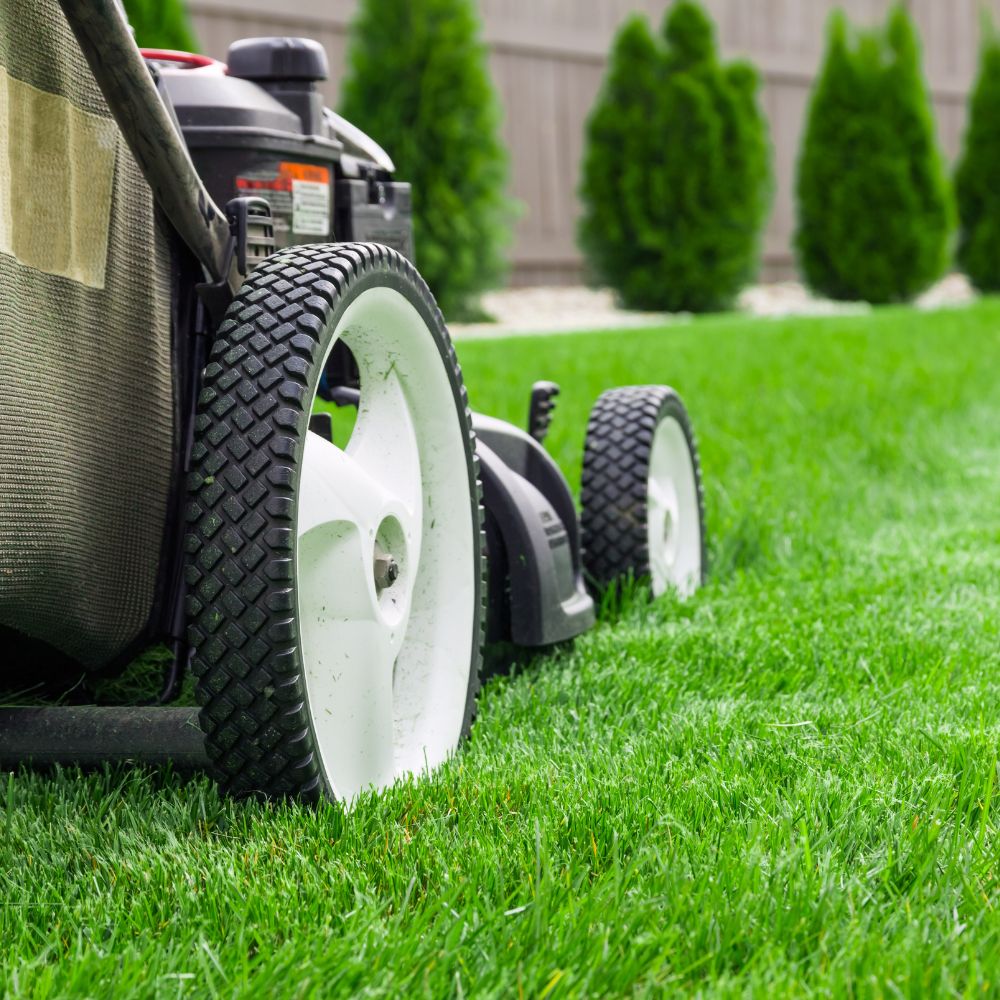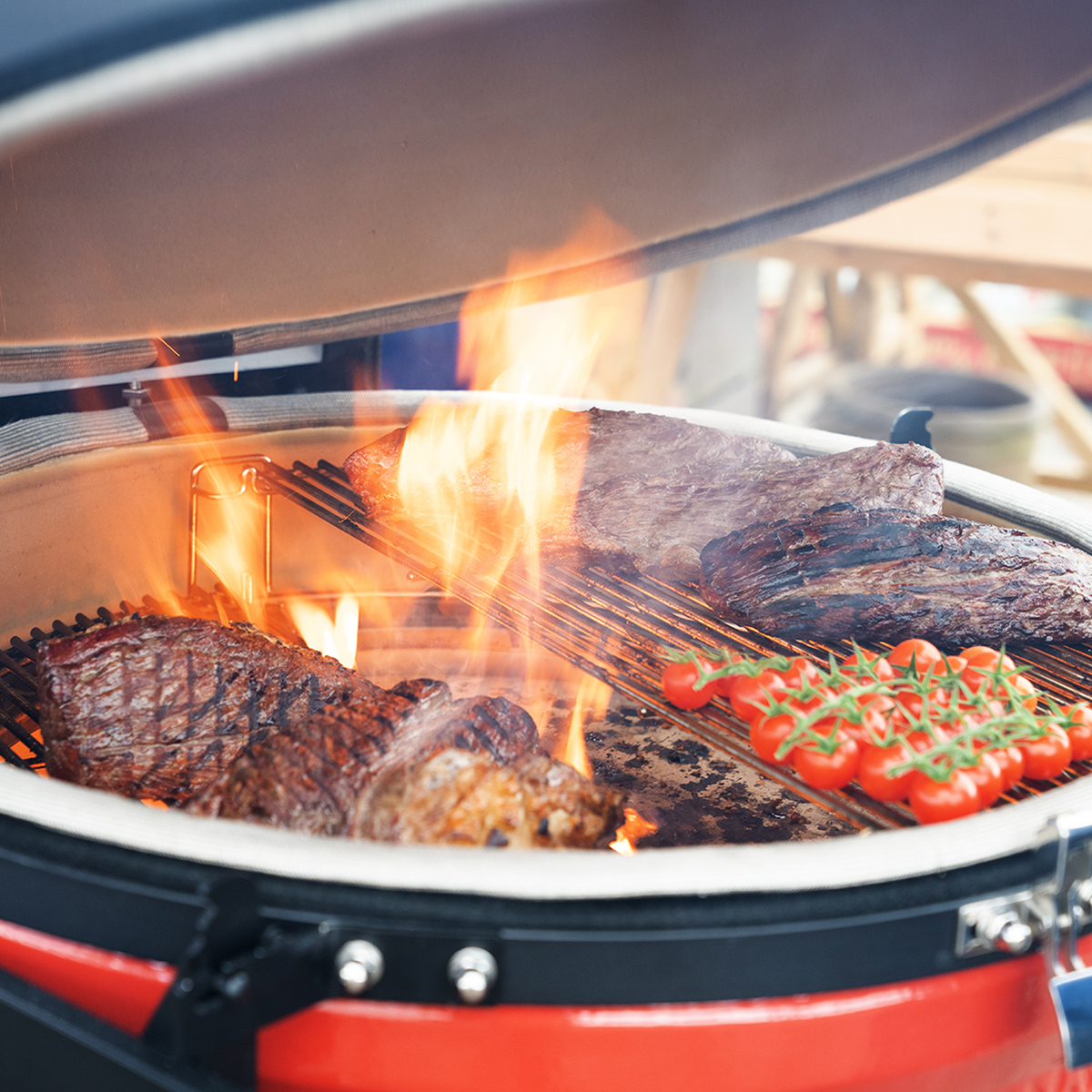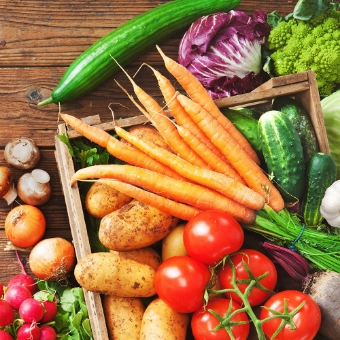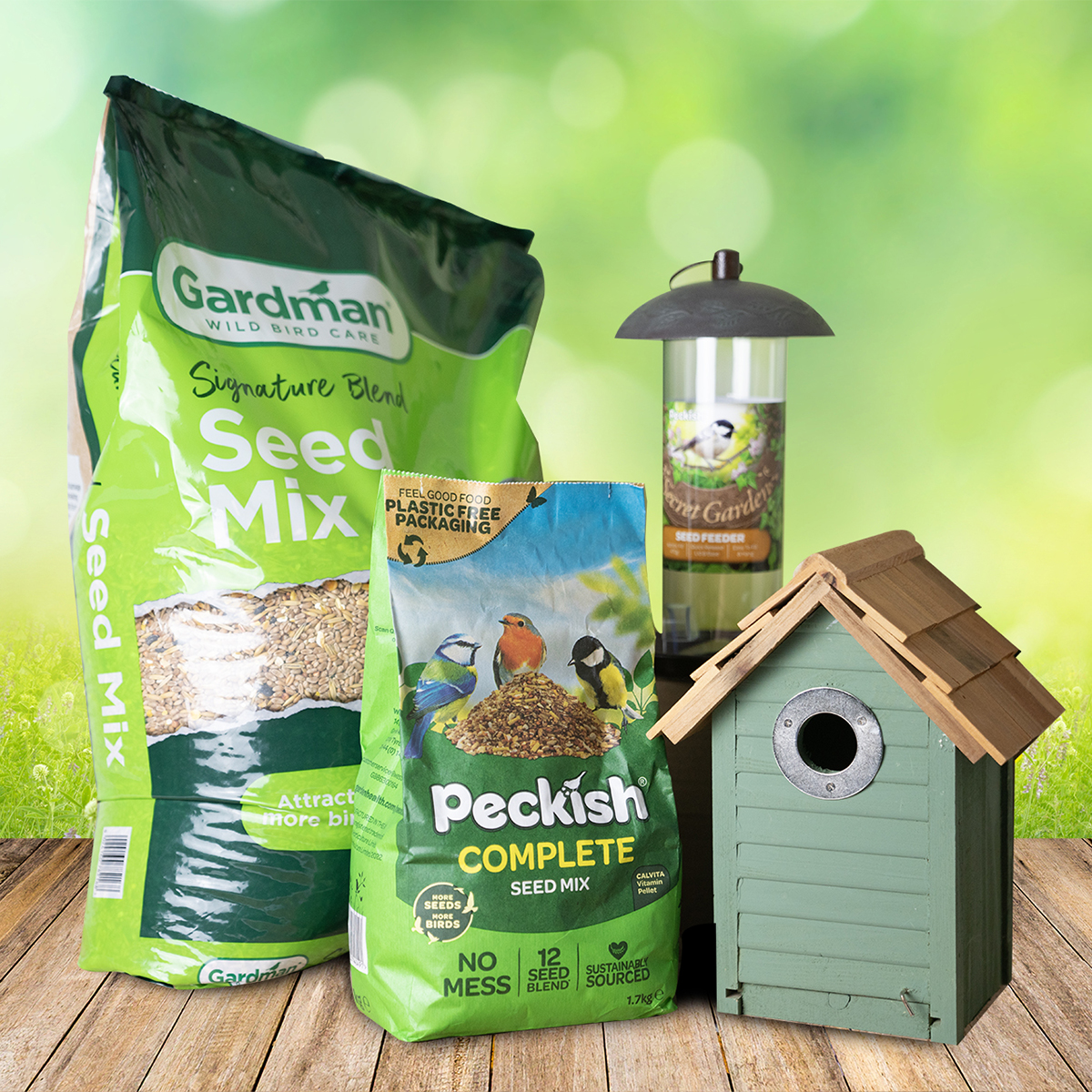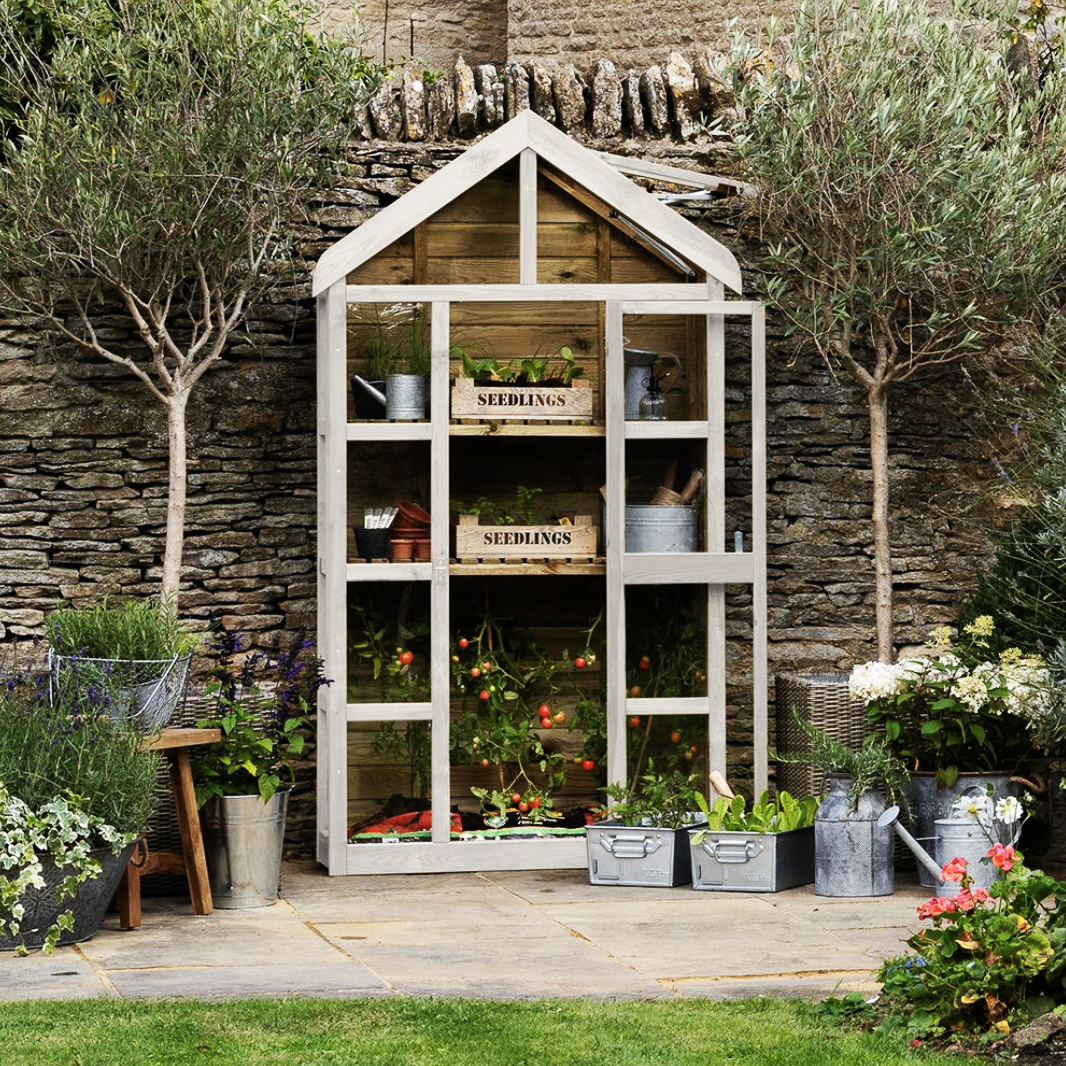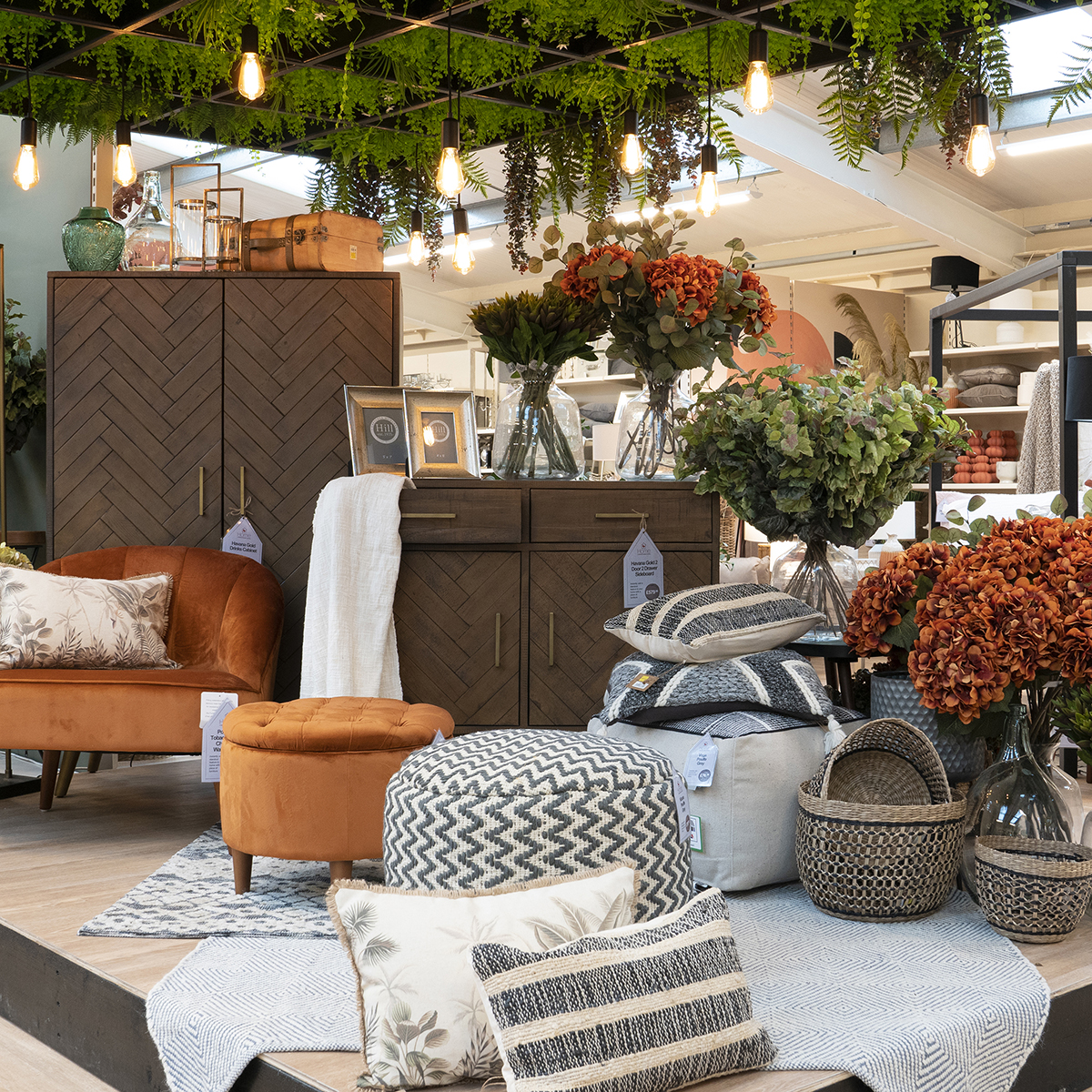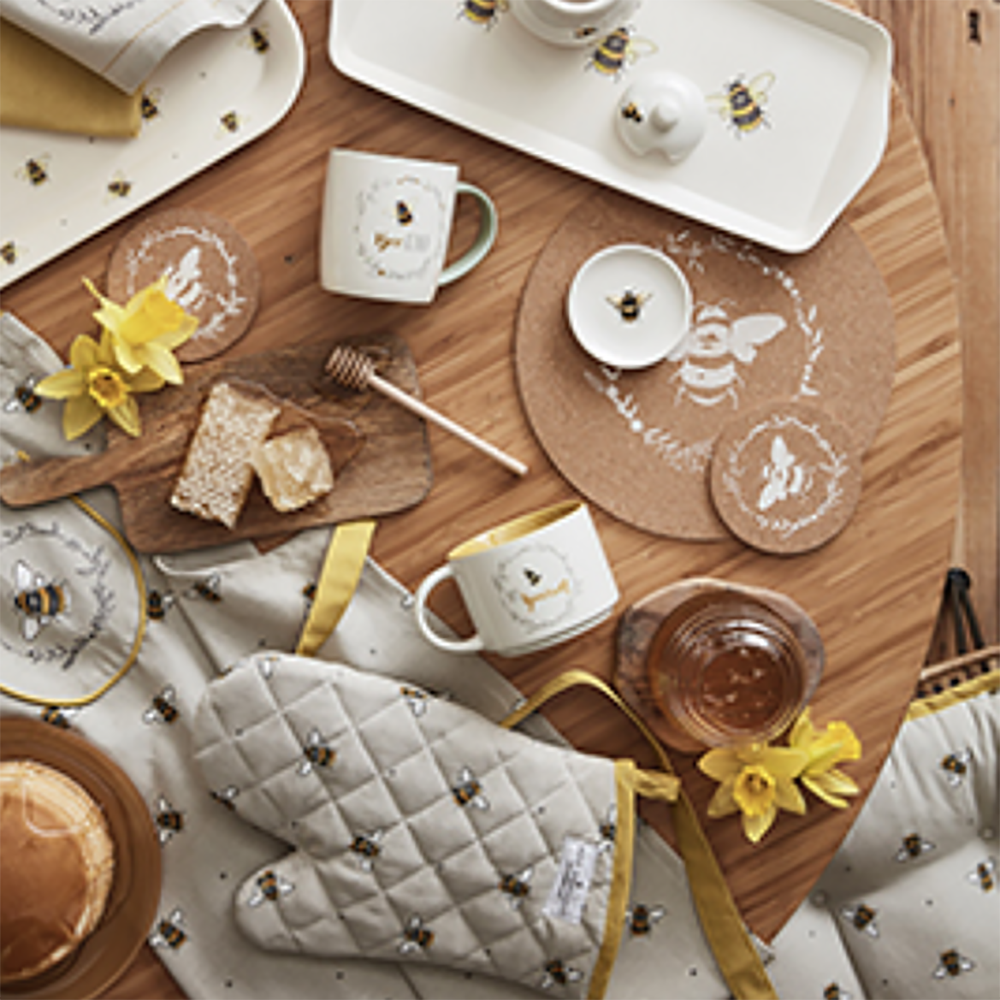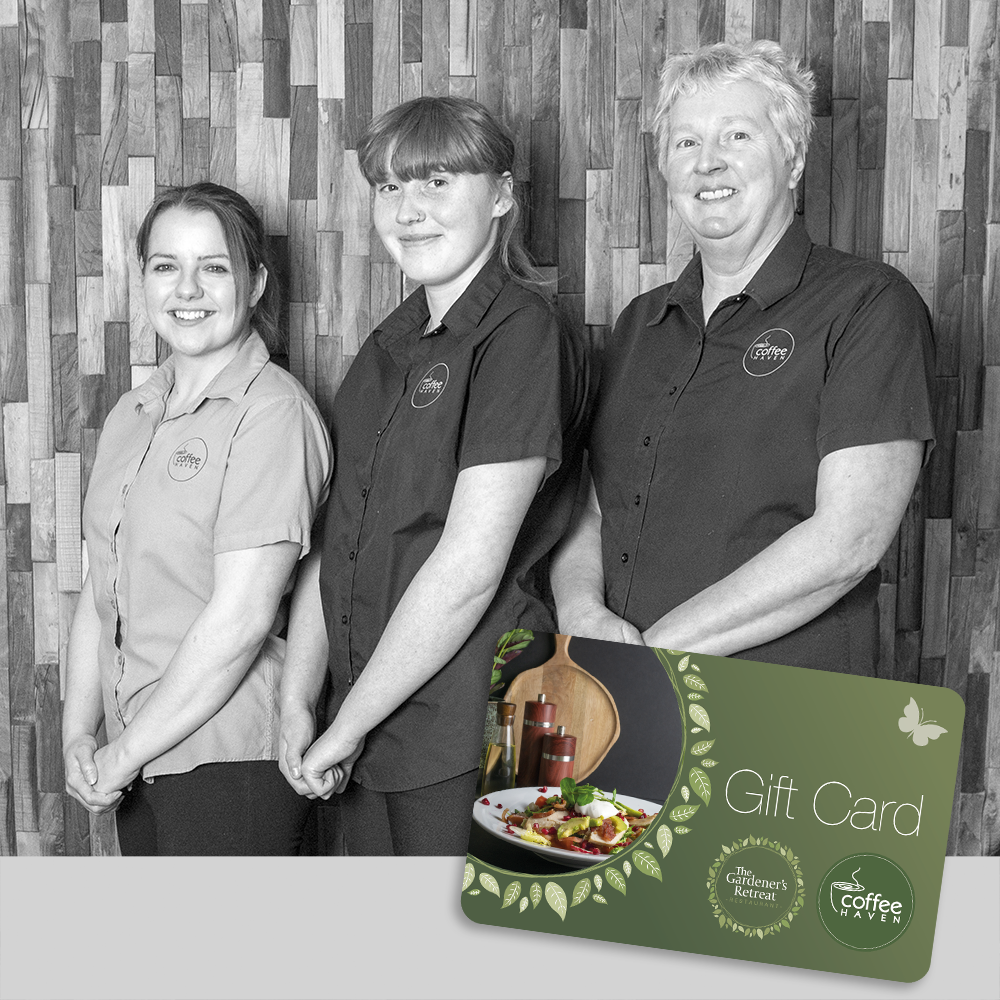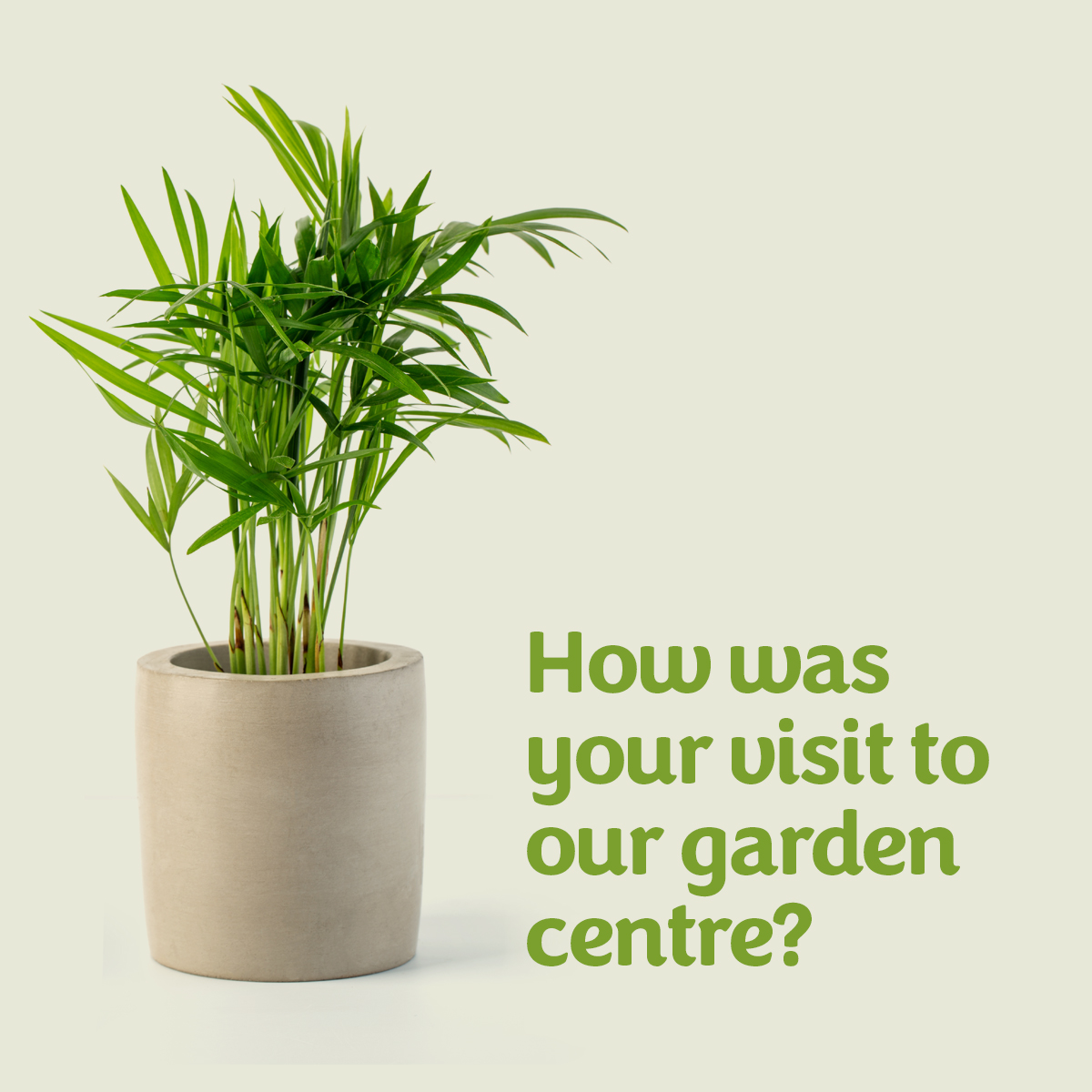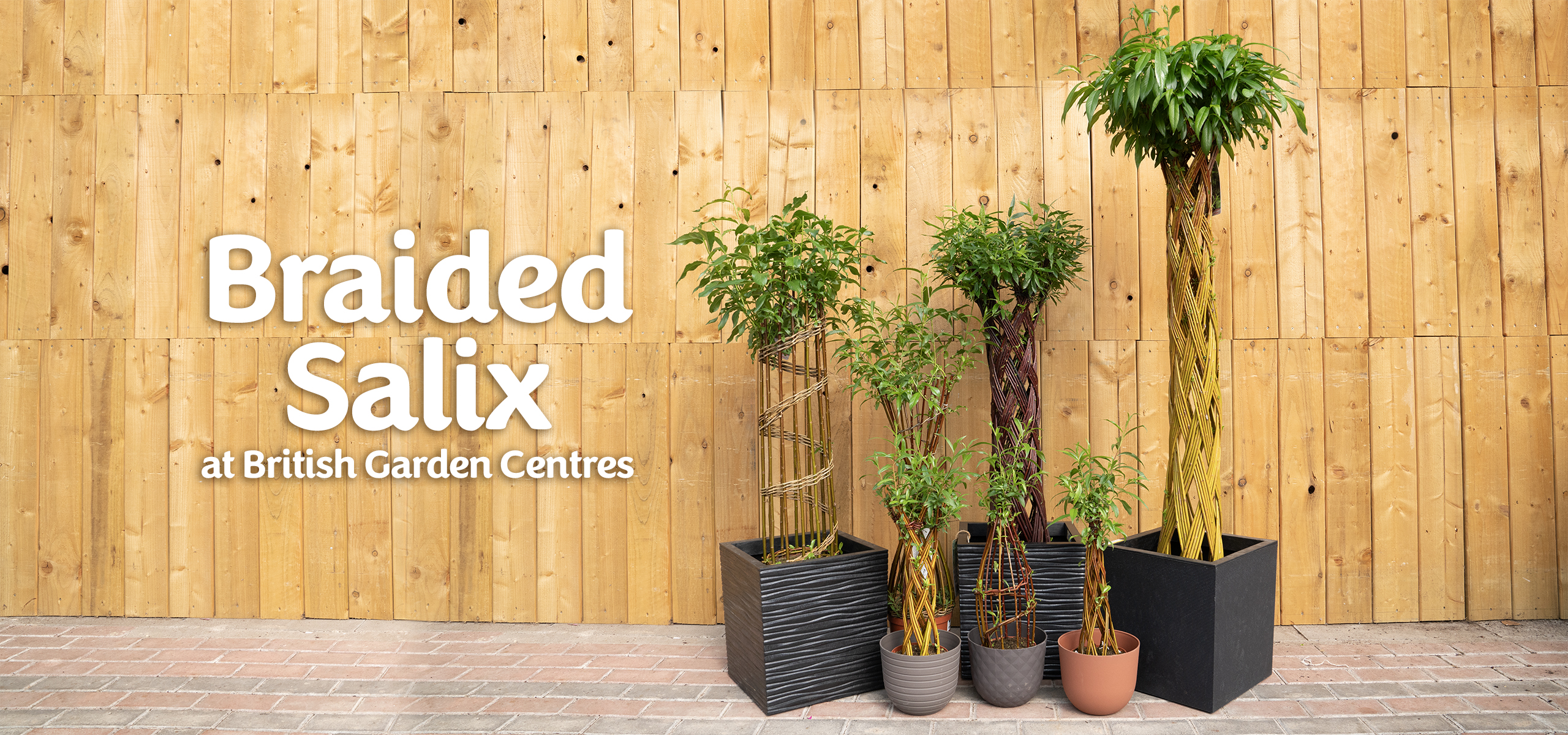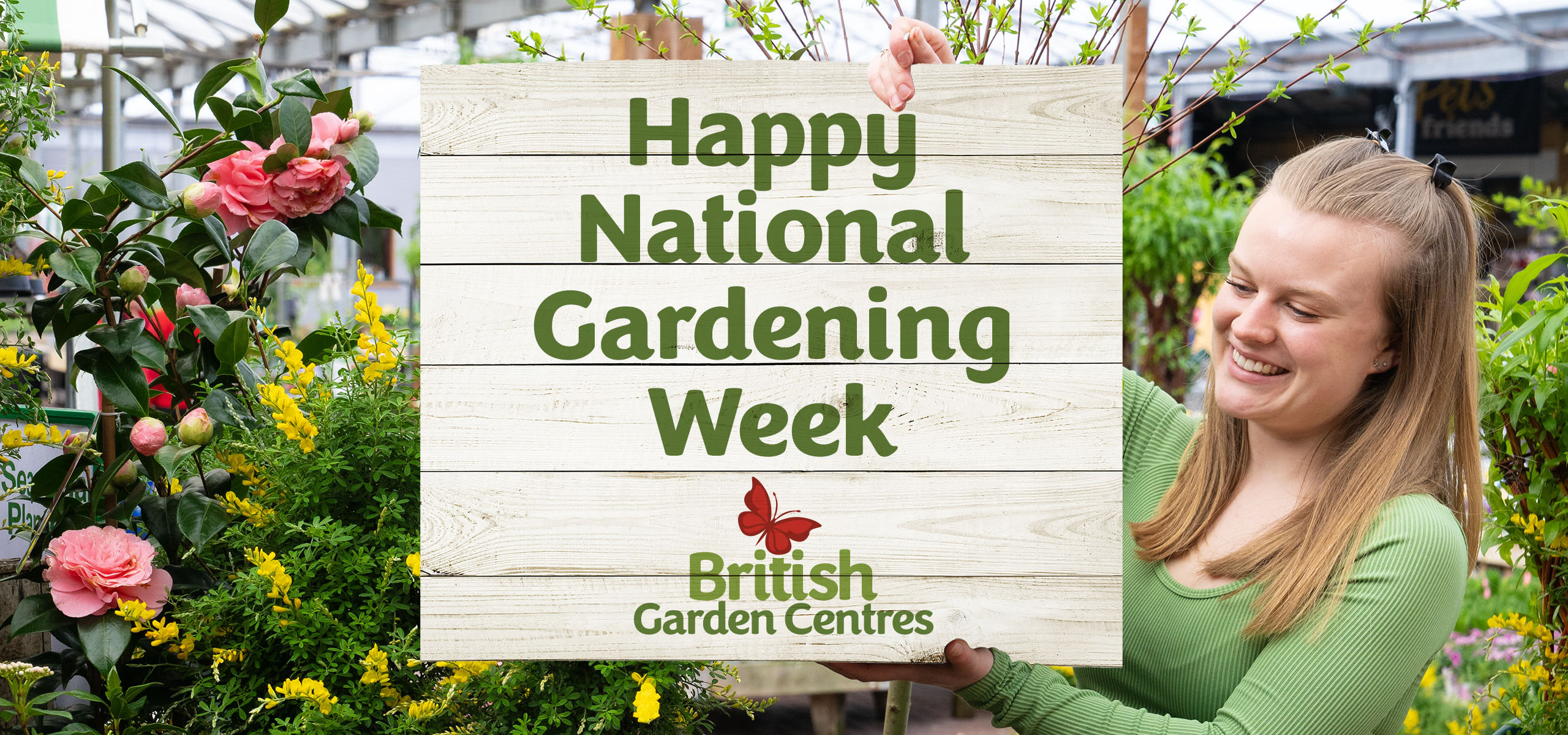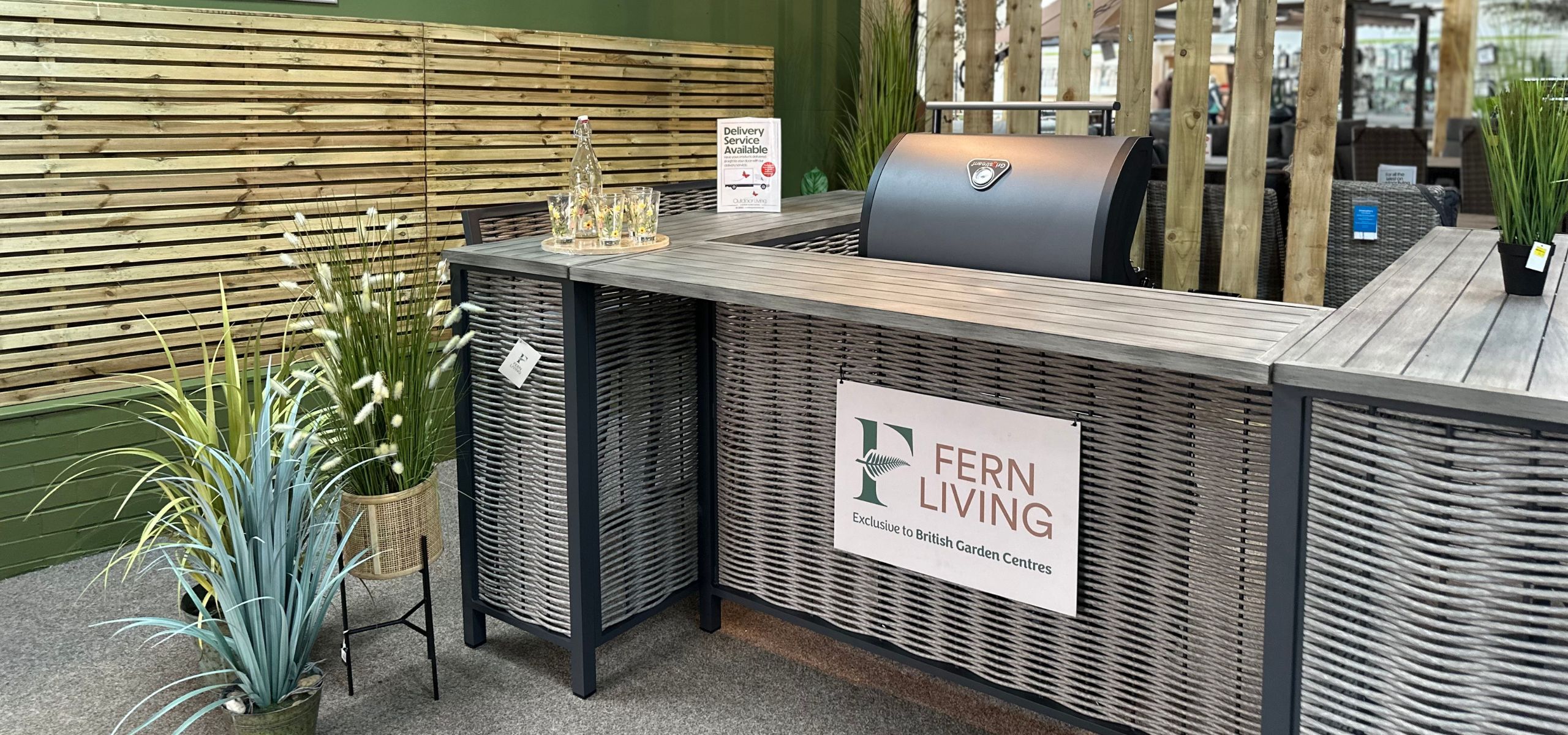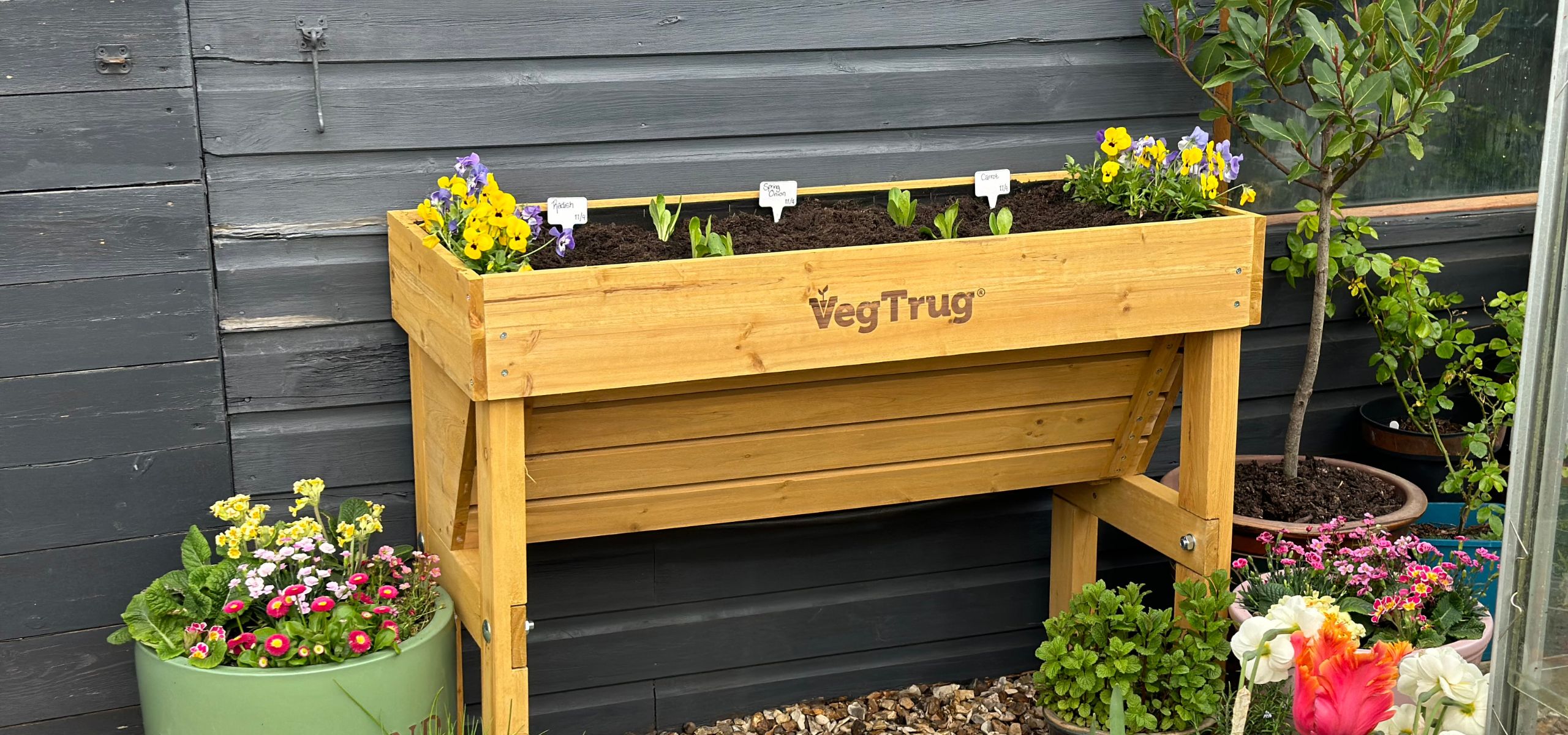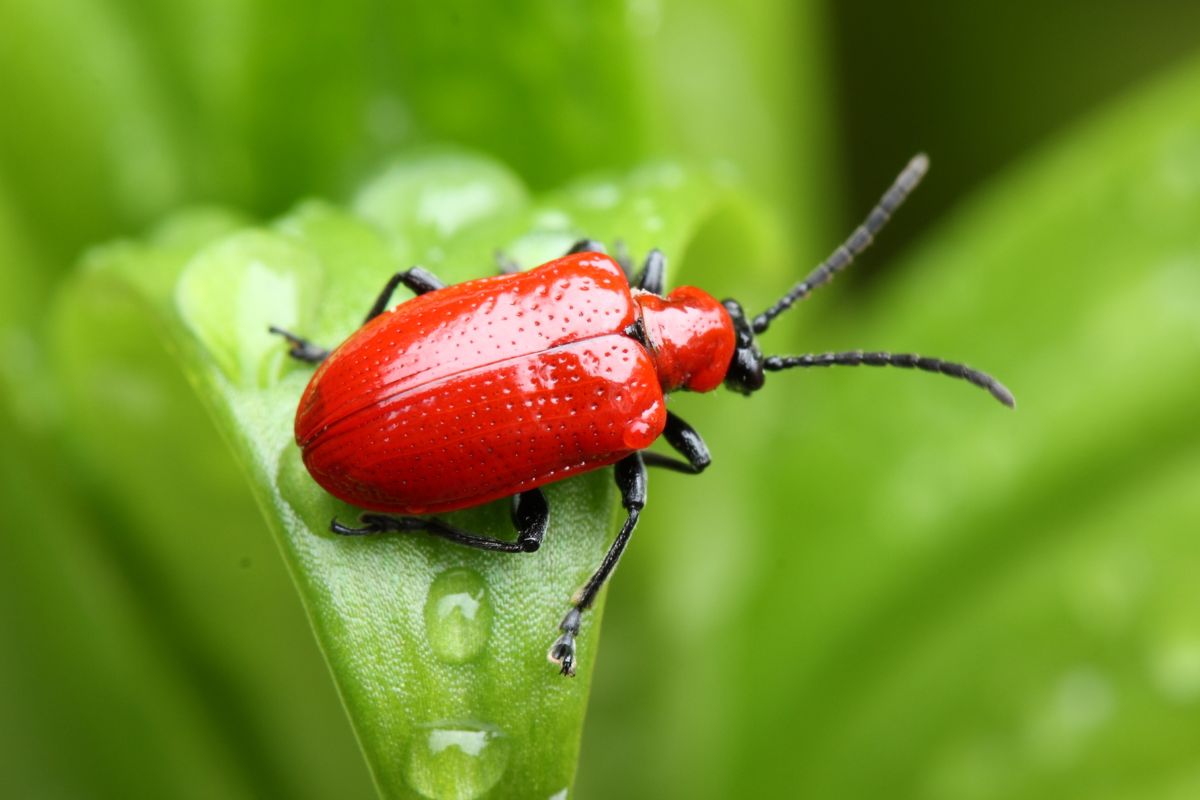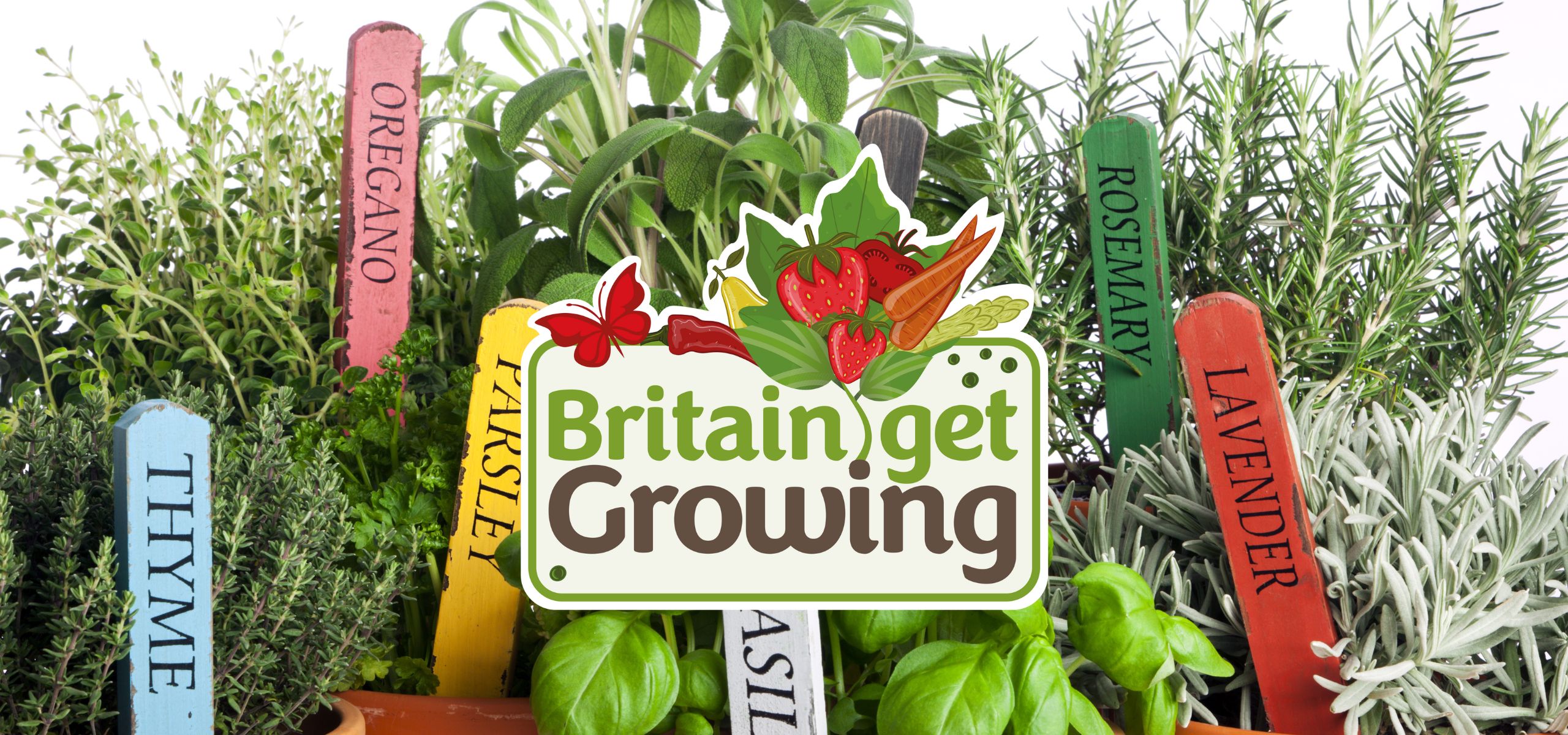Britain Get Growing – Planning for a productive February
As February rolls around, it's time to put your green thumb to work and start planning your garden for the upcoming season. Whether you're an experienced gardener or a novice, there are many options available for what you can sow and grow in your garden in February. With the correct preparation and care, you can ensure a fruitful and healthy garden, with the assistance of the British Garden Centres team.
One of the most effective ways to get a head start on your garden in February is to begin planting seeds indoors. You can start with vegetables such as tomatoes, peppers, beetroot, broad beans, carrots, leeks, and aubergines in containers and then transplant them outside when the weather warms up. By starting these seeds in February, you can give them a head start and guarantee a longer growing season.
The weather in the UK can be quite unpredictable, especially in February, with temperatures still being quite chilly. However, that doesn't mean you can't start planting in your vegetable garden. You can sow cold-hardy vegetables such as lettuce, spinach, kale, and radishes directly into the ground in February. These vegetables can withstand cooler temperatures and will thrive as the weather begins to warm up.
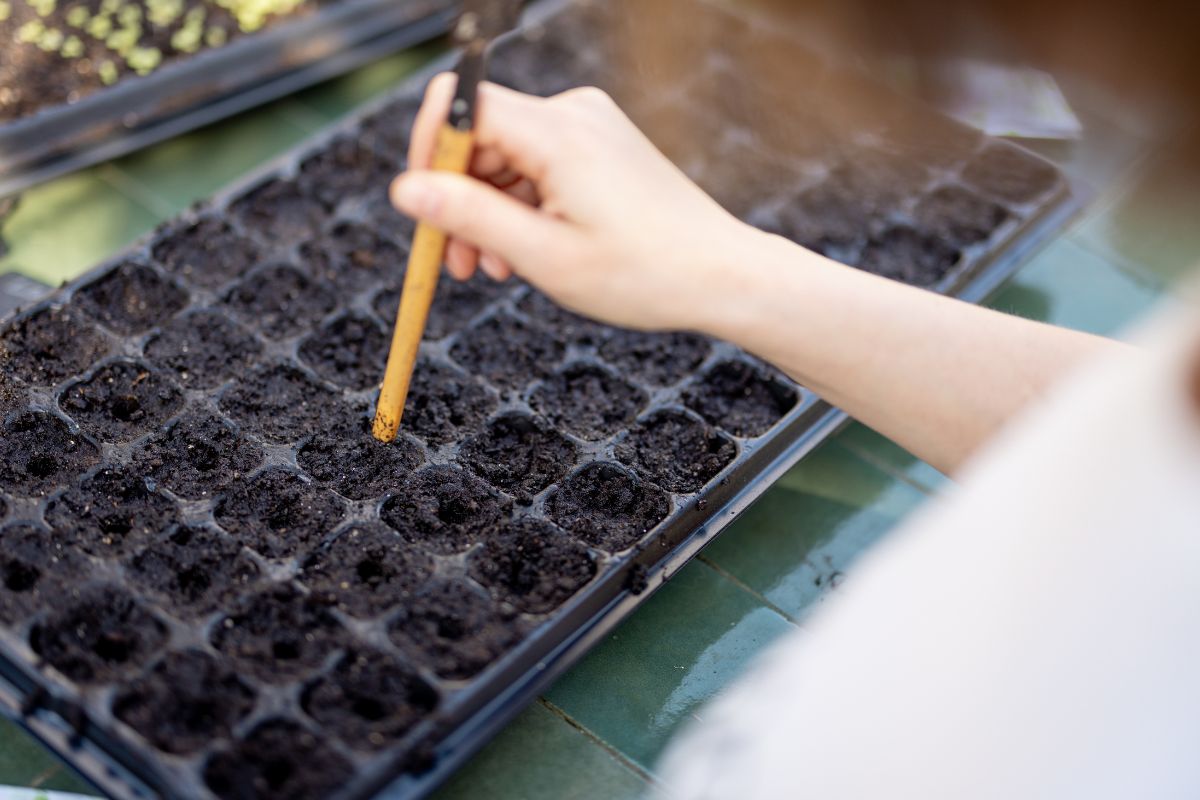
This month is also the time to start purchasing your seed potatoes and begin the chitting process, which involves allowing the potatoes to sprout before planting them after the last frost. This process takes around 4-6 weeks, so if you chit them now, they'll be ready to plant in mid to late March. It's also time to start your onion sets, garlic, asparagus, and rhubarb.
February is an excellent time to focus on perennials and bulbs in your garden. You can start sowing seeds of slower-growing, half-hardy annuals and perennial plants indoors. Start sowing sweet peas, antirrhinum, lobelia, poppies, campanula, aquilegia and foxgloves for a fantastic summer display.

Summer bulbs such as dahlias, lilies, and gladioli can be sown from next month, so it's worth heading to your local garden centre to buy some in preparation.
If the ground isn't frozen, you can still plant bare-rooted hedges and trees, shrubs, and roses. However, make sure you soak them before planting to prevent any damage.
Before you start sowing and growing in February, it's essential to pay attention to soil preparation. Ensure that your garden soil is well-drained and has a good balance of nutrients to support healthy plant growth. Consider using organic mulch to protect the soil from the remaining winter chill and to encourage earthworm activity, which promotes soil aeration. By following these tips, you can enjoy a bountiful garden throughout the growing season.
